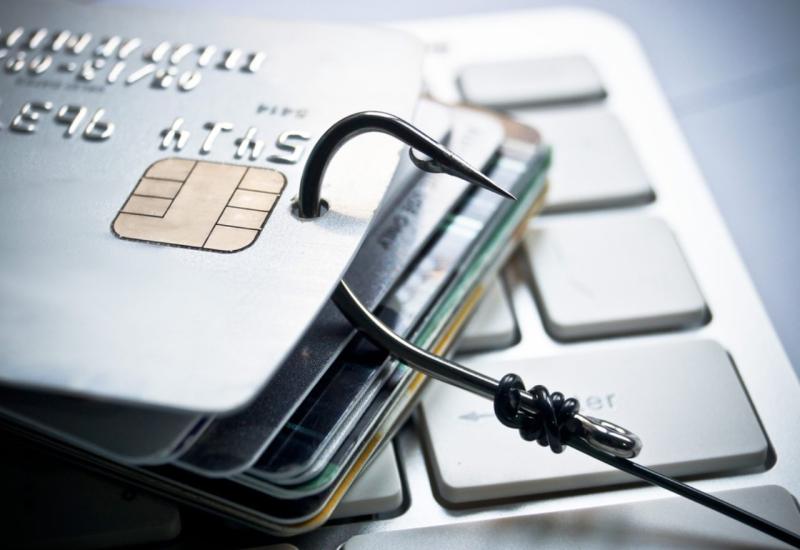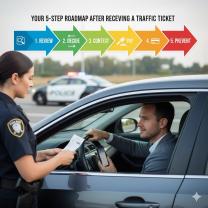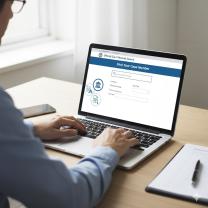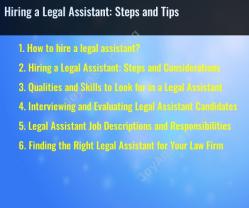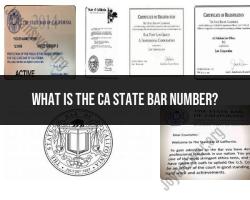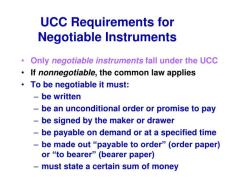What counts as credit card fraud?
Credit card fraud refers to the unauthorized and unlawful use of someone else's credit card information or credit account to make purchases, obtain cash, or engage in other financial transactions without the cardholder's consent. It encompasses a range of fraudulent activities aimed at exploiting the credit system for personal gain. Here are common types of credit card fraud:
Stolen Card Fraud:
- Occurs when a physical credit card is stolen, and the thief uses it to make unauthorized purchases before the cardholder realizes the theft.
Card Skimming:
- Involves the use of a small device (skimmer) to unlawfully collect credit card information during a legitimate transaction. Skimming devices may be installed on ATMs, gas pumps, or other card readers.
Phishing:
- Fraudsters use deceptive emails, messages, or websites to trick individuals into providing their credit card information. Victims unknowingly disclose sensitive details to criminals.
Identity Theft:
- In cases of identity theft, fraudsters may use stolen personal information, including credit card details, to open new credit card accounts or take over existing accounts.
Lost Card Fraud:
- Occurs when a credit card is lost, and someone finds it, using it to make unauthorized transactions.
Account Takeover:
- Involves unauthorized access to a person's credit card account, often through hacking or phishing. Criminals gain control of the account and make purchases or withdraw funds.
Application Fraud:
- Fraudsters submit false information to obtain a credit card in someone else's name. This may involve using stolen identities or providing inaccurate details on credit card applications.
Card Not Present (CNP) Fraud:
- Occurs in online or phone transactions where the physical card is not required. Fraudsters may use stolen card details to make purchases without presenting the actual card.
Mail Theft and Mail Intercept:
- Criminals steal credit card statements or new credit cards from the victim's mailbox to gain access to account information.
Counterfeit Cards:
- Involves creating fake credit cards using stolen or copied card information. These counterfeit cards are then used for fraudulent transactions.
Credit card fraud is a criminal activity that can have serious consequences for both the cardholder and the financial institutions involved. To protect against credit card fraud, individuals are advised to monitor their statements regularly, report lost or stolen cards promptly, use secure websites for online transactions, and be cautious about sharing personal information. Credit card issuers also employ fraud detection measures to identify and prevent unauthorized transactions. If a person suspects or becomes a victim of credit card fraud, it's important to report it to the credit card issuer and law enforcement immediately.
Unmasking the Methods: Understanding and Preventing Credit Card Fraud
Credit card fraud is a persistent threat, but understanding its common forms and effective security measures can empower you to protect yourself.
1. Actions Constituting Credit Card Fraud:
- Using a stolen credit card: Possessing or using someone else's credit card without their permission is illegal, regardless of how the card was obtained.
- Making unauthorized charges: Using your own card to make purchases without the cardholder's consent, such as exceeding spending limits or making purchases without their knowledge.
- Identity theft: Stealing someone's personal information to open fraudulent credit card accounts in their name.
- Skimming: Capturing credit card information through electronic devices at ATMs, gas stations, or other POS systems.
- Phishing: Luring individuals into revealing their credit card information through deceptive emails, websites, or phone calls.
- Card-not-present fraud: Making fraudulent transactions without physically possessing the card, often through online platforms or stolen card numbers.
2. Typical Methods of Credit Card Fraud:
- Lost or stolen cards: Criminals may use stolen cards for purchases, sell them online, or use skimming devices to capture information.
- Data breaches: Hackers may steal credit card information from retailers, banks, or online platforms.
- Phishing attacks: Deceptive emails or websites can trick individuals into revealing their card details.
- Malware: Malicious software installed on a computer can steal credit card information stored in web browsers or password managers.
- Unsecured Wi-Fi: Public Wi-Fi networks can be vulnerable to interception, exposing credit card information used during online transactions.
3. Vulnerability of Online Transactions:
Online transactions are indeed more susceptible to certain types of credit card fraud, such as:
- Card-not-present fraud: Online purchases require entering your credit card information, making them a target for hackers and scammers.
- Phishing attacks: Deceptive online platforms can easily mimic legitimate websites and trick individuals into revealing their information.
- Malware threats: Malicious software can be more easily installed on computers used for online banking or shopping.
4. Security Measures for Protection:
- Strong passwords and PINs: Use unique and complex passwords for all online accounts and avoid using the same PIN for different cards.
- Beware of phishing: Be cautious about emails, websites, and phone calls requesting your credit card information. Verify the sender's legitimacy before entering any details.
- Secure your Wi-Fi: Use a strong password for your home Wi-Fi and avoid using public networks for sensitive transactions.
- Monitor your accounts: Regularly review your credit card statements and bank accounts for any unauthorized activity.
- Install security software: Use antivirus and anti-malware software to protect your computer from malware threats.
- Consider credit card fraud protection: Some credit cards offer additional fraud protection features like transaction alerts and zero liability for unauthorized charges.
5. Detecting Unauthorized Activity:
Be vigilant for red flags that could indicate unauthorized credit card activity, such as:
- Unfamiliar charges on your statement: Look for purchases you don't recognize or that exceed your usual spending patterns.
- Missing statements or notifications: If you haven't received your statement or notification for a period, it could indicate someone intercepted them.
- Suspicious emails or calls: Be wary of messages requesting your credit card information or claiming unauthorized activity on your account.
- Changes to your account: If you notice any changes to your account information, such as your address or phone number, without your consent, report it immediately.
By understanding the common methods of credit card fraud, practicing safe online habits, and monitoring your accounts regularly, you can significantly reduce your risk of falling victim to this crime. Remember, if you suspect any unauthorized activity, report it immediately to your credit card company and the authorities.
